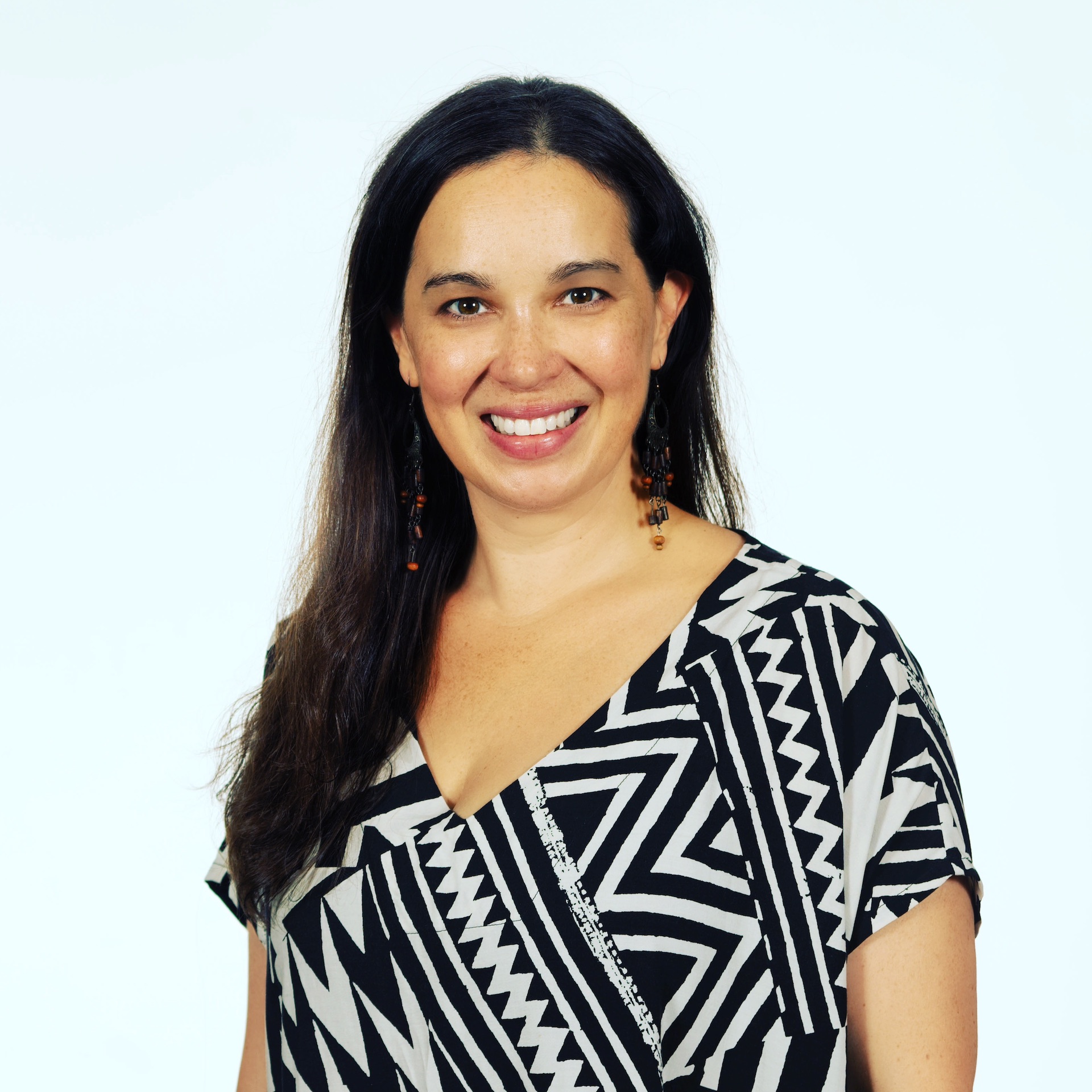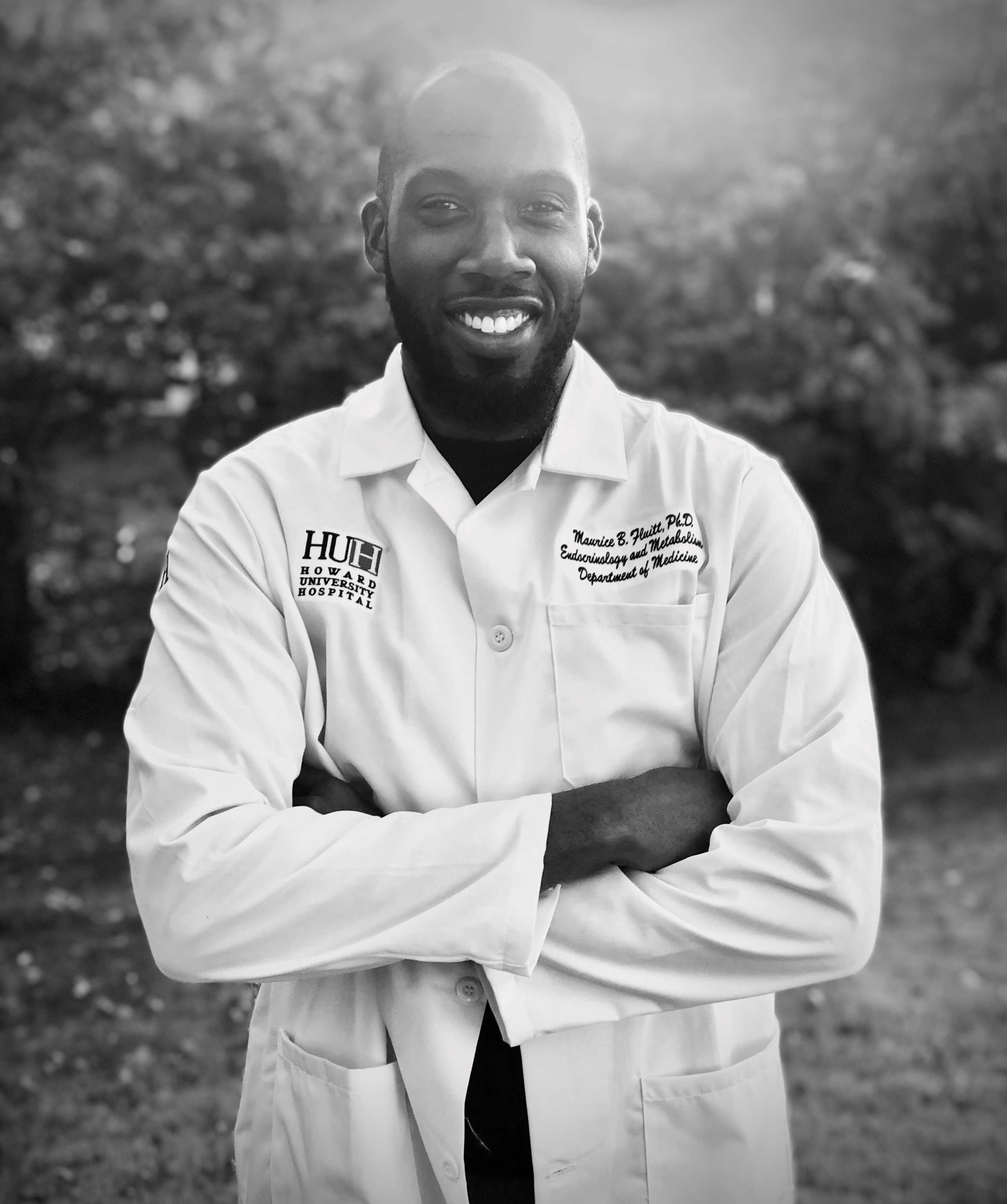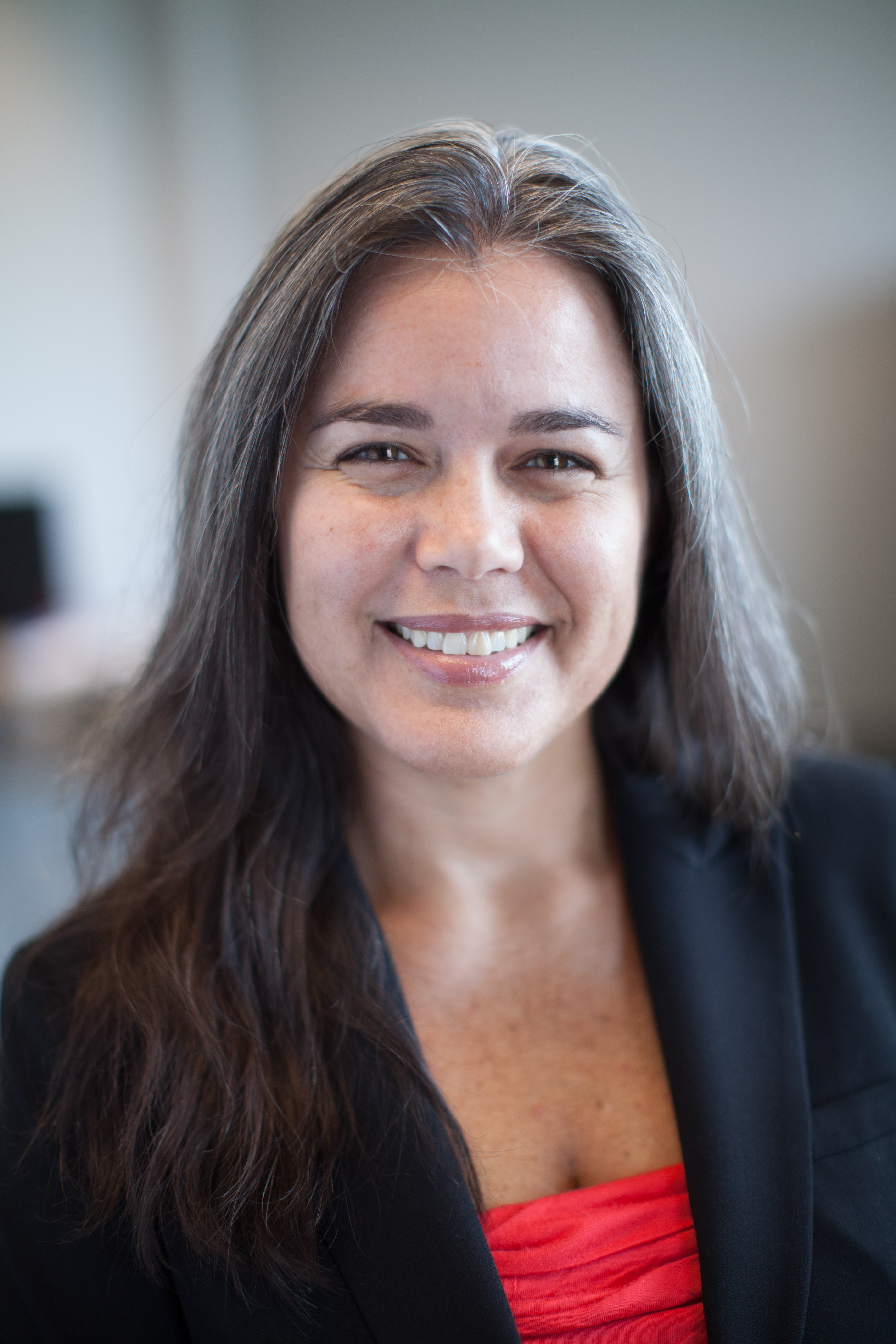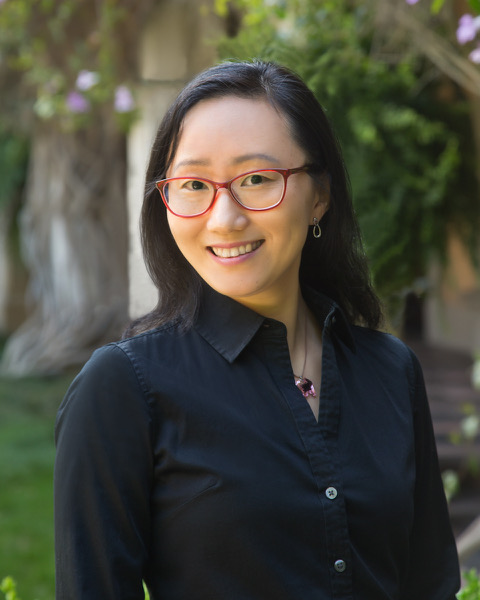After our 12th highly competitive application cycle, unfortunately, delayed due to COVID-related uncertainties, the Georgetown-Howard Universities Center for Clinical and Translational Science (GHUCCTS) is pleased to announce the appointment of Christina X. Marea, PhD, MA, MSN, FACNM as our newest KL2 Scholar. This new awardee, her research project, and training plan are emblematic of our program objectives in that they pair a highly-promising scholar-trainee with a mentor team that includes senior colleagues from across disciplines, departments, campuses, and institutions to pursue research that depends upon collaborations and methods from outside the scholars’ discipline, local research environment, or past experiences.
The GHUCCTS KL2 program builds on the goals of the original National Institutes of Health “roadmap” K12 Clinical and Translational Research Scholars program and on individual K-series awards, by providing up to three years of protected time and research support, focused on developing early-career faculty investigators through a multidisciplinary-mentored research experience to enable their success as independent, extramurally-funded investigators, preferably in programs of multidisciplinary, collaborative translational team science.
 Christina Marea, PhD, MA, FACNM is a certified nurse midwife and Assistant Professor in the Georgetown University School of Nursing (GUSON). Dr. Marea has lived in Washington DC for 23 years, and practiced here as a midwife for the past twelve years. Dr. Marea is investigating the feasibility, acceptability and preliminary effectiveness of a 12-month model of postpartum care to address the negative health effects of structural racism for birthing people in Washington DC. Dr. Marea is mentored by Dr. Alejandra Hurtado de Mendoza and Dr Kristi Graves, both from the Cancer Prevention and Control Program at Georgetown Lombardi Comprehensive Cancer Center, and Dr. Arnold Potosky in the Department of Oncology at Georgetown University Medical Center. Of note, Dr. Hurtado de Mendoza is, herself, a successful and highly productive former KL2 scholar.
Christina Marea, PhD, MA, FACNM is a certified nurse midwife and Assistant Professor in the Georgetown University School of Nursing (GUSON). Dr. Marea has lived in Washington DC for 23 years, and practiced here as a midwife for the past twelve years. Dr. Marea is investigating the feasibility, acceptability and preliminary effectiveness of a 12-month model of postpartum care to address the negative health effects of structural racism for birthing people in Washington DC. Dr. Marea is mentored by Dr. Alejandra Hurtado de Mendoza and Dr Kristi Graves, both from the Cancer Prevention and Control Program at Georgetown Lombardi Comprehensive Cancer Center, and Dr. Arnold Potosky in the Department of Oncology at Georgetown University Medical Center. Of note, Dr. Hurtado de Mendoza is, herself, a successful and highly productive former KL2 scholar.
We anticipate making a second scholar appointment from this application cycle in October 2022. Dr. Marea will join our continuing KL2 Scholars including:
 Maurice B. Fluitt, PhD iis an Assistant Professor at the Howard University College of Medicine in the Division of Endocrinology and Metabolism. His research focuses on the role of “MicroRNAs as Early Markers and Mediators of Diabetic Kidney Disease”. He is mentored by Dr. Ben Afzali from the Immunoregulation Section of the Kidney Disease Branch at the NIDDK, Dr. Gail Nunlee-Bland from the Howard University Hospital Diabetes Treatment Center, Dr. Hassan Ashktorab from the Department of Medicine at Howard University College of Medicine, Dr. Carolyn Ecelbarger from the Department of Medicine at Georgetown University Medical Center, and Dr. Alison Kriegel from the Department of Physiology at the Medical College of Wisconsin.
Maurice B. Fluitt, PhD iis an Assistant Professor at the Howard University College of Medicine in the Division of Endocrinology and Metabolism. His research focuses on the role of “MicroRNAs as Early Markers and Mediators of Diabetic Kidney Disease”. He is mentored by Dr. Ben Afzali from the Immunoregulation Section of the Kidney Disease Branch at the NIDDK, Dr. Gail Nunlee-Bland from the Howard University Hospital Diabetes Treatment Center, Dr. Hassan Ashktorab from the Department of Medicine at Howard University College of Medicine, Dr. Carolyn Ecelbarger from the Department of Medicine at Georgetown University Medical Center, and Dr. Alison Kriegel from the Department of Physiology at the Medical College of Wisconsin.
 Roxanne Mirabal-Beltran, PhD, RN, Assistant Professor in the Department of Professional Nursing Practice at the Georgetown University School of Nursing, is studying the “Impact of a Fertility and Pregnancy Educational Intervention in an Urban Setting on Women’s Knowledge Level of Fertility, Pregnancy, and Health-Seeking Behaviors to Build a Culture of Health". She is mentored by Drs. Laura Linnan, from the Department of Health Behavior at the Gillings School of Global Public Health at the University of North Carolina at Chapel Hill, and Linda Gallo, from the Department of Psychology at San Diego State University. Co-mentorship is provided by Drs. Jane Fall-Dickson, from the Department of Professional Nursing Practice at Georgetown University and Alejandra Hurtado de Mendoza, from the Cancer Prevention and Control Program at Georgetown Lombardi Comprehensive Cancer Center.
Roxanne Mirabal-Beltran, PhD, RN, Assistant Professor in the Department of Professional Nursing Practice at the Georgetown University School of Nursing, is studying the “Impact of a Fertility and Pregnancy Educational Intervention in an Urban Setting on Women’s Knowledge Level of Fertility, Pregnancy, and Health-Seeking Behaviors to Build a Culture of Health". She is mentored by Drs. Laura Linnan, from the Department of Health Behavior at the Gillings School of Global Public Health at the University of North Carolina at Chapel Hill, and Linda Gallo, from the Department of Psychology at San Diego State University. Co-mentorship is provided by Drs. Jane Fall-Dickson, from the Department of Professional Nursing Practice at Georgetown University and Alejandra Hurtado de Mendoza, from the Cancer Prevention and Control Program at Georgetown Lombardi Comprehensive Cancer Center.
 Haiyan He, PhD, Assistant Professor in the Department of Biology at Georgetown University will work on “A novel protein-degradation-based mechanism for fast homeostatic plasticity and its implication in neurodegenerative diseases.” Dr. He is investigating the in vivo function of a newly discovered neuronal membrane-associated proteasome as a fast-homeostatic mechanism and its potential link to neurodegenerative diseases. She is mentored by Dr. Seth Margolis from the Departments of Biological Chemistry and Neuroscience at Johns Hopkins University School of Medicine with co-mentorship by Drs. Dan Pak, Brent Harris, and Kathy Maguire-Zeiss, at Georgetown University Medical Center.
Haiyan He, PhD, Assistant Professor in the Department of Biology at Georgetown University will work on “A novel protein-degradation-based mechanism for fast homeostatic plasticity and its implication in neurodegenerative diseases.” Dr. He is investigating the in vivo function of a newly discovered neuronal membrane-associated proteasome as a fast-homeostatic mechanism and its potential link to neurodegenerative diseases. She is mentored by Dr. Seth Margolis from the Departments of Biological Chemistry and Neuroscience at Johns Hopkins University School of Medicine with co-mentorship by Drs. Dan Pak, Brent Harris, and Kathy Maguire-Zeiss, at Georgetown University Medical Center.
Please join us in congratulating our new and continuing KL2 scholars.
Download PDF